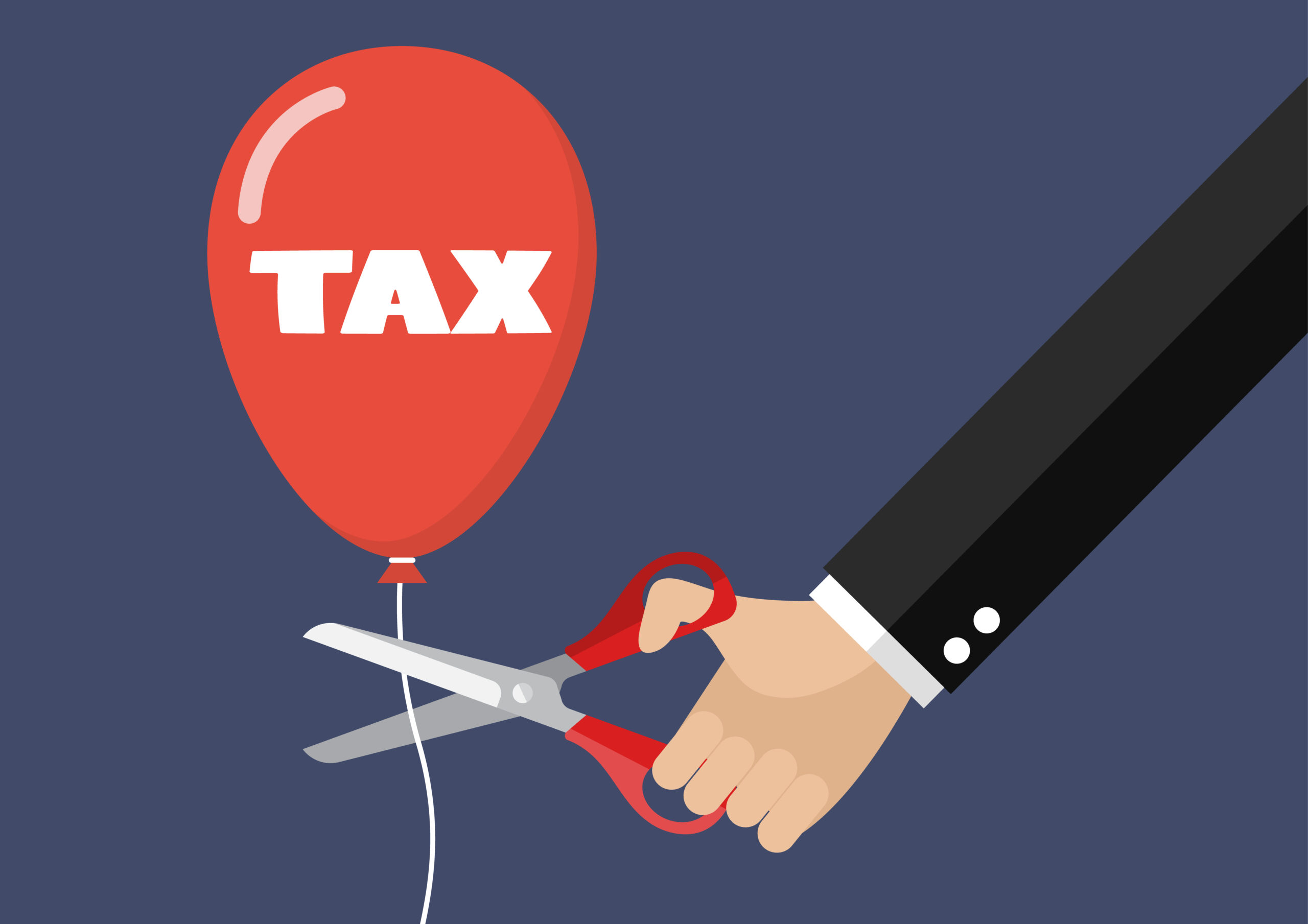Summary: Why VOO Avoids U.S. Withholding Tax Inside an RRSP
VOO, the U.S.-listed Vanguard S&P 500 ETF, triggers 0% U.S. dividend-withholding tax when held in a Canadian RRSP because Article XVIII(7) of the Canada–U.S. Tax Treaty classifies RRSPs (and RRIFs/RPPs) as “pension trusts.” Those trusts are specifically exempt from U.S. withholding on dividends and interest.
How Does the Canada-U.S. Tax Treaty Apply to VOO and RRSPs?
One of the primary reasons behind the tax advantages is the Canada-U.S. Tax Treaty. This agreement, designed to prevent double taxation and incentivize Canadian investment into the US stock market, offers a unique provision for Canadian retirement accounts. Specifically, U.S. dividends, when earned in an RRSP, are exempt from the typical 15% withholding tax. This means that Canadian investors can benefit from the full monetary upside from their U.S. investments without worrying about tax erosion (and obviously currency-related concerns aside)! For more on the U.S. Dollar, click here.
Another important consideration explaining why VOO has this tax advantage is its domicile. VOO, being a U.S.-based ETF, gets direct access to the benefits laid out in the Canada-U.S. Tax Treaty. This positioning ensures that your dividends from VOO are not diminished by the 15% withholding tax when held in an RRSP, which can add up over time – especially so over a long holding period (i.e., 20+ years). VFV (VOO’s Canadian counterpart) is technically a Canadian-based ETF, and the Canadian ETF holds units of VOO, so therefore, for purposes of the Canada-U.S. Tax Treaty, you would not qualify for protection from the 15% withholding tax.
RRSPs vs. Other Canadian Accounts
This benefit is not applicable to all registered accounts here in Canada. Unlike RRSPs, other accounts like the Tax-Free Savings Account (TFSA) and non-registered accounts (e.g., a cash trading account) don’t have this specific provision. Instead, if you hold VOO in these accounts, your investment will be subject to the 15% withholding tax.
What About Currency Conversion?
Great question. Unless you’re sitting on a pile of USD, you will need to bear the currency conversion cost each time you purchase VOO in your RRSP. Or, if you’re familiar with Norbert’s Gambit, you can convert funds without fees, but it does take some time. To learn about that strategy, click here.
If you don’t use Norbert’s Gambit, which we understand as it can be a hassle, the currency conversion fees can eat away at the 15% withholding tax savings, so this is an important factor to keep in mind.
VFV vs VOO
Wait, do you have to buy VOO? Not necessarily. Vanguard does have a Canadian counterpart for this S&P ETF and that is VFV. Rather than give you a short breakdown here, click here for our full breakdown on VFV versus VOO (one of our most popular articles ever!).

